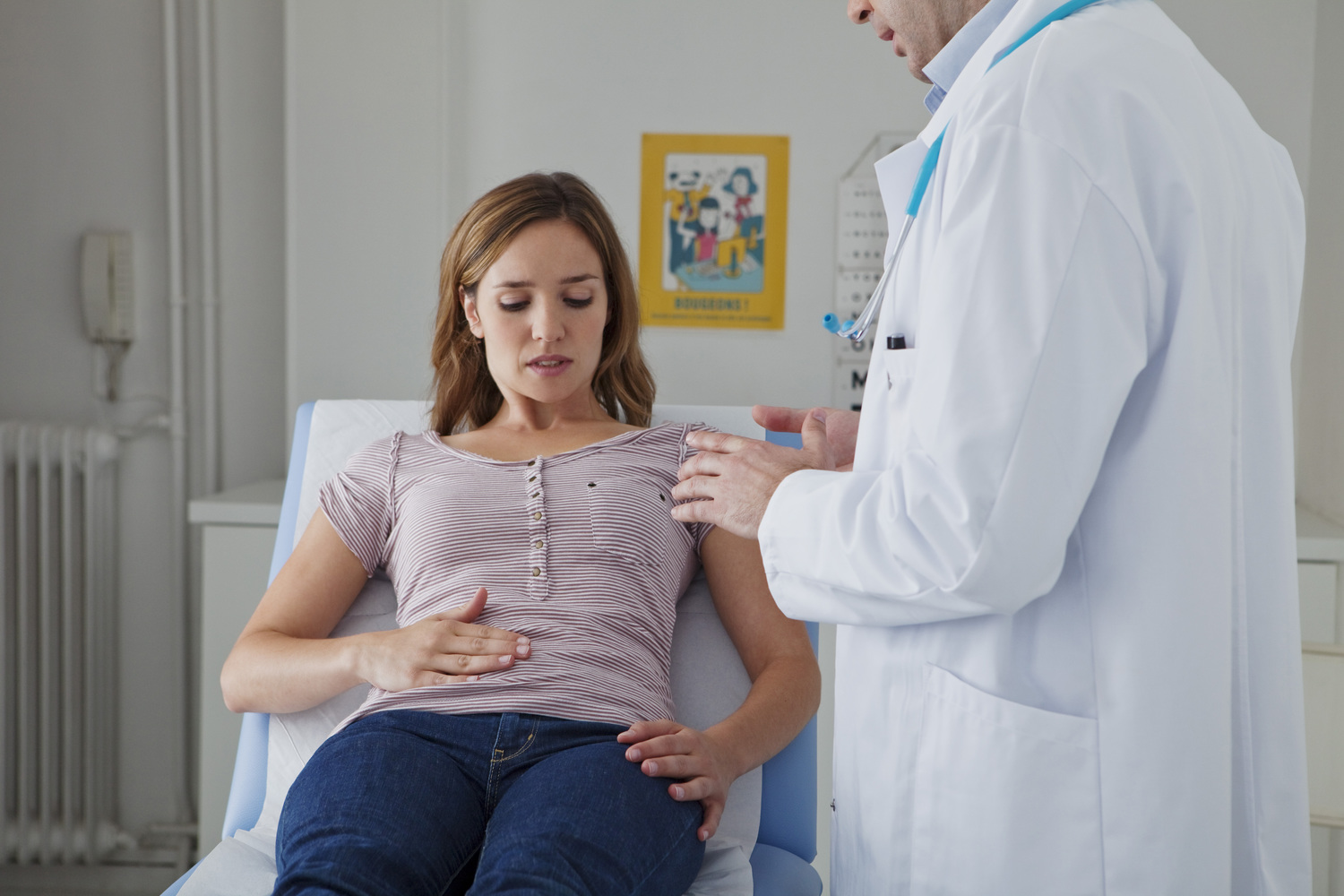
An overview of stomach cancer
Stomach cancer or gastric cancer is a fairly rare type of cancer that usually begins in the mucus-producing line of the stomach, but it can also be found in the other areas of the stomach.
Symptoms
The symptoms of stomach cancer make it very hard to diagnose, as it can be easily mistaken for many other less serious conditions. The symptoms of this condition include severe and persistent heartburn, indigestion, unexplained persistent nausea, frequent burping, persistent stomach ache, feeling full after eating very little, feeling bloated or full after eating, persistent vomiting, and unintended weight loss.
Types of stomach cancer
The common types of this cancer are adenocarcinoma, lymphoma, Gastrointestinal Stromal Tumor (GIST), and carcinoid tumor. Squamous cell carcinoma, small cell carcinoma, and leiomyosarcoma are the other, rarer forms of stomach cancer.
- Adenocarcinoma is the most common stomach cancer, and it develops in the cells that form the innermost lining of the stomach (the mucosa).
- Lymphomas are found in the immune system tissue in the wall of the stomach.
- GISTs are found in the interstitial cells of Cajal, which are the early forms of cells in the stomach wall.
- Carcinoid tumors are found in the hormone-producing cells of the stomach.
Causes and risk factors
- The major risk factors for stomach cancer are obesity and a history of GERD or Gastro-Esophageal Reflux Disease.
- Other factors that increase one’s risk of stomach cancer are long-term inflammation of the stomach, family history of the disease, a diet that is low on fruits and vegetables and high in salt, processed and smoked foods.
- Pernicious anemia, Helicobacter pylori infection, stomach polyps, a history of mucosa-associated lymphoid tissue (MALT) lymphoma, smoking, previous stomach surgeries, Menetrier disease, common variable immune deficiency (CVID), Epstein-Barr virus infection, type A blood and inherited gene syndromes are also risk factors.
Stomach cancer stages
The early stage of stomach cancer, when the abnormal cells are found in the lining of the stomach or only the top layer of the mucosa, is classified as stage 0, and stages 1 to 4 indicate the increased spread of cancer.
Treatment
Stage 0 of stomach cancer can be treated with surgery alone. The further stages of the cancer are treated with surgery as well as allied treatments like chemotherapy, radiation therapy, immunotherapy, and targeted drug therapy to remove the tumor as well as other cancerous cells in the body.
Prevention
There is no sure way to prevent the condition, but there are certain measures that can be taken to reduce the risk:
- Maintaining a sensible and healthy diet rich in fresh fruits and vegetables and low in salted, processed, and smoked foods.
- Eating whole-grain food instead of refined grains, and favoring fish and poultry instead of processed meat and red meat also reduces the risk of stomach cancer.
- As being overweight increases the risk of stomach cancer, being physically active and maintaining a healthy weight is recommended.
- Use of tobacco is to be avoided.


